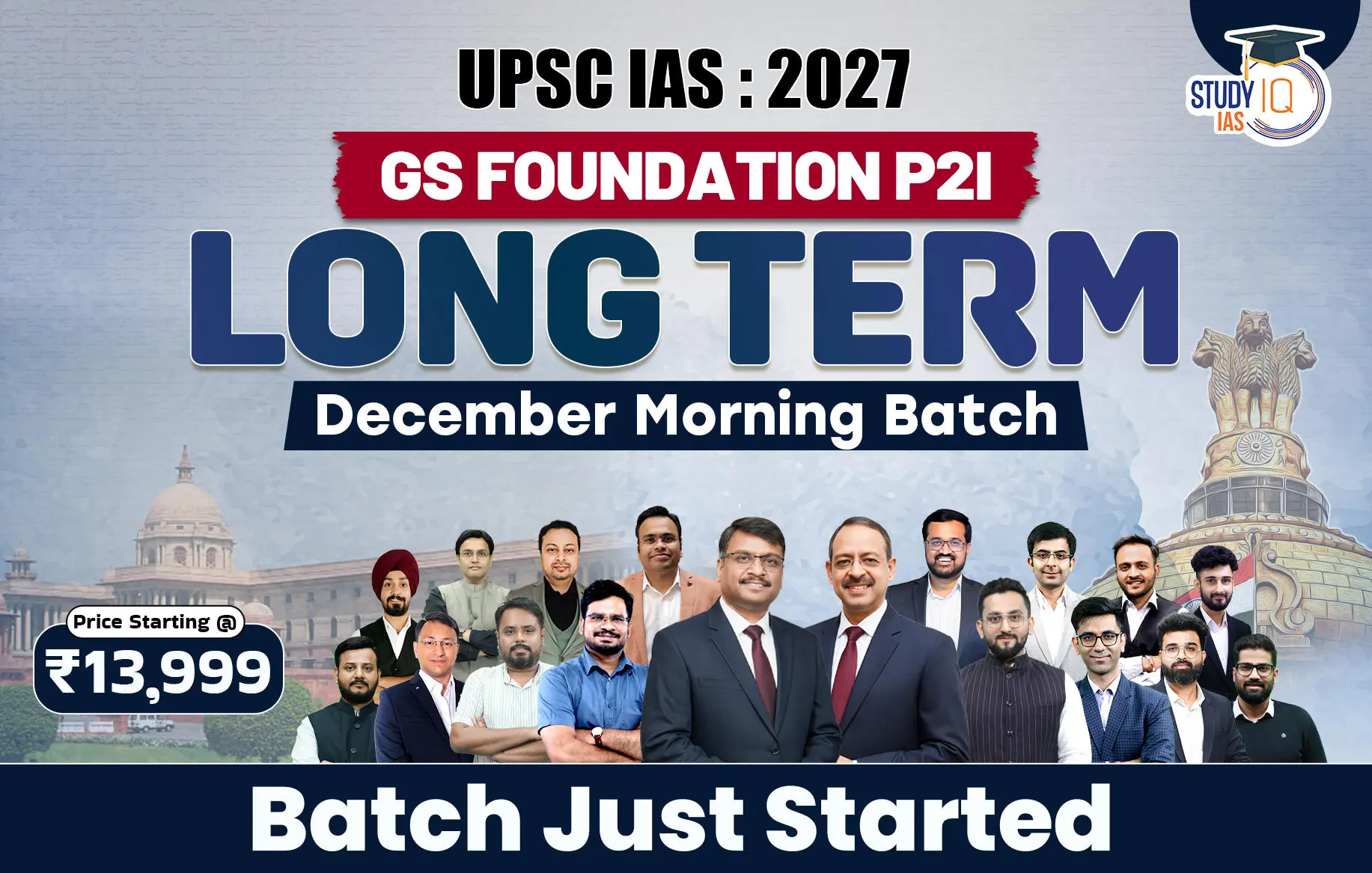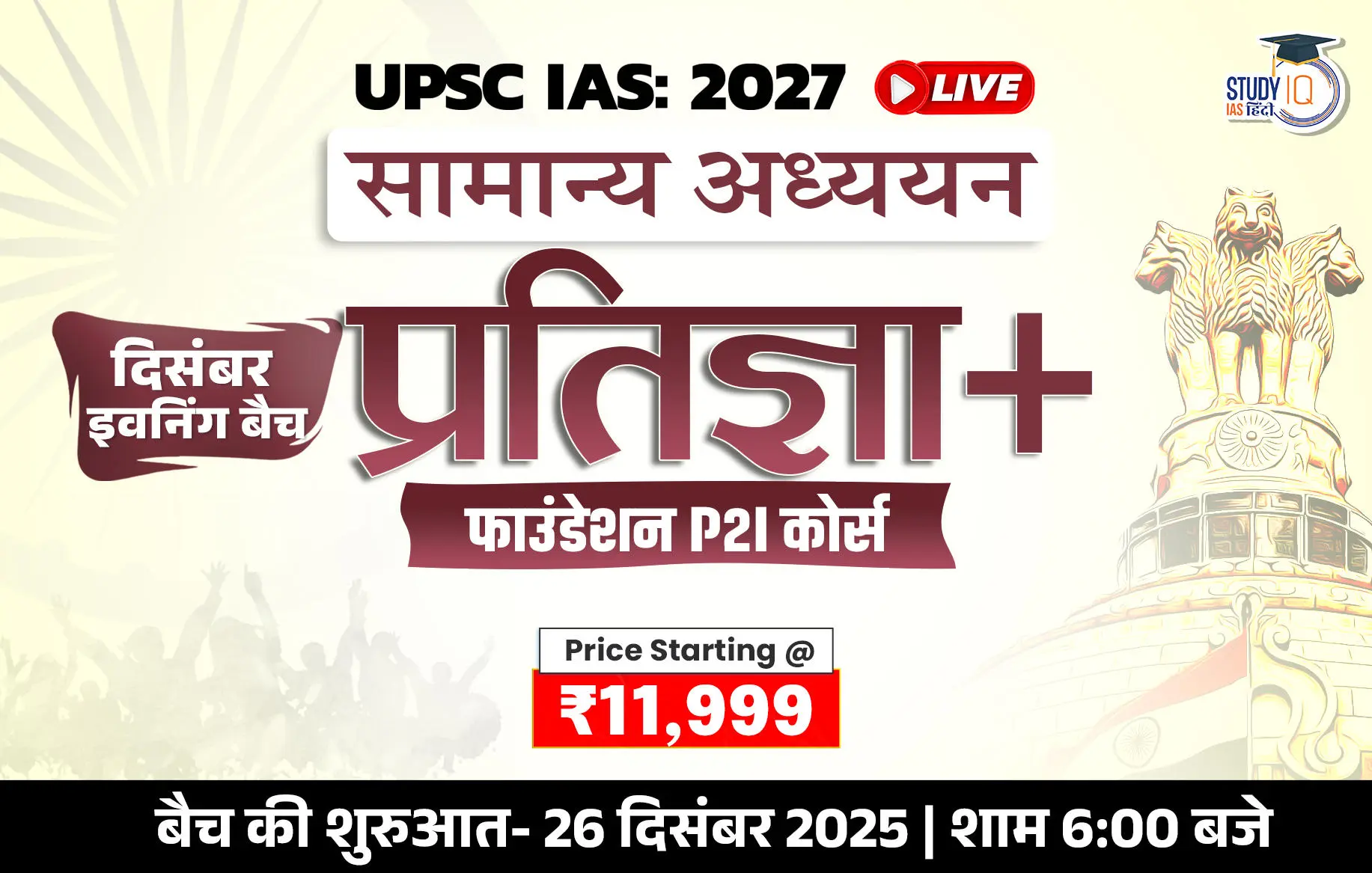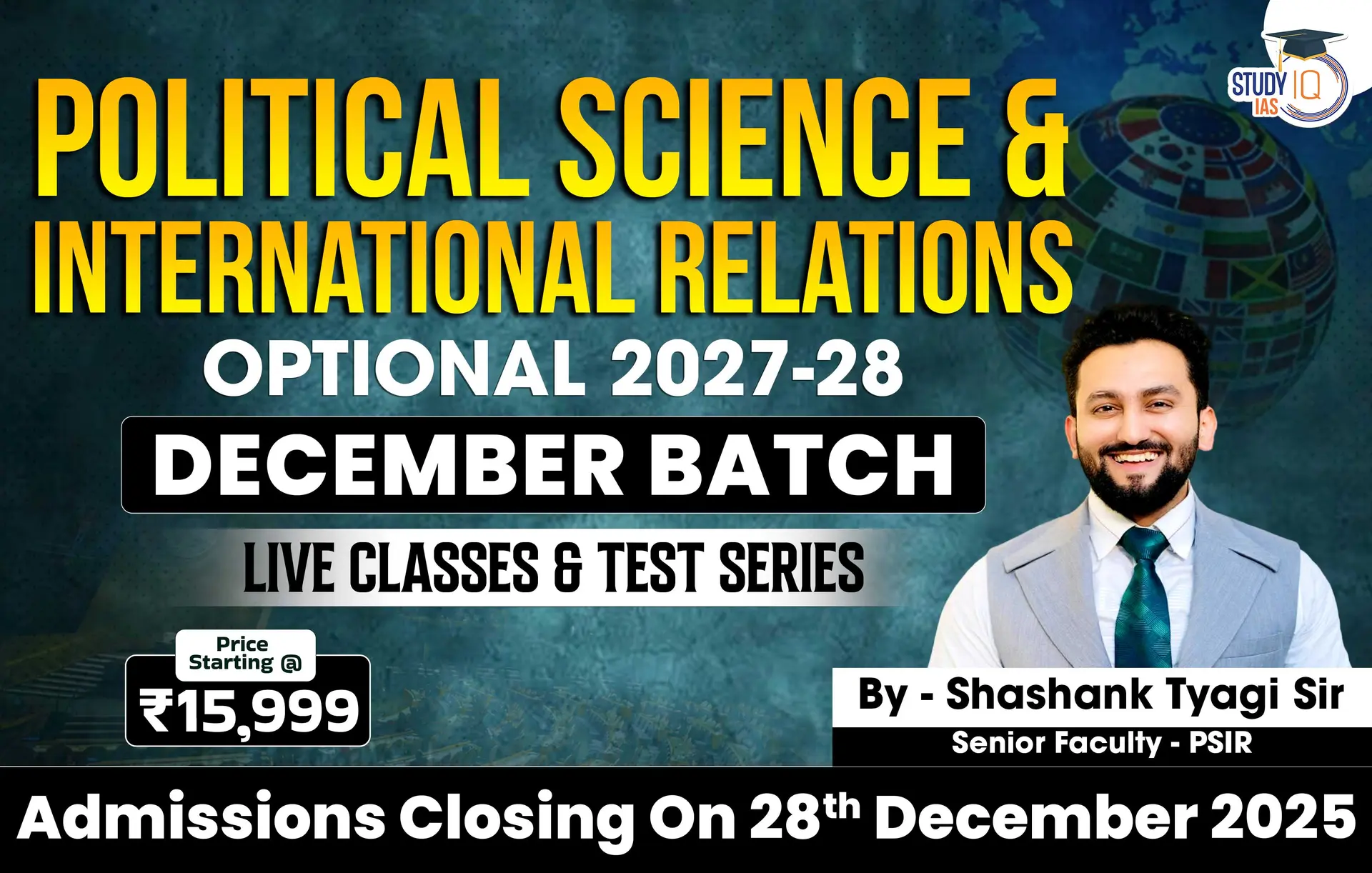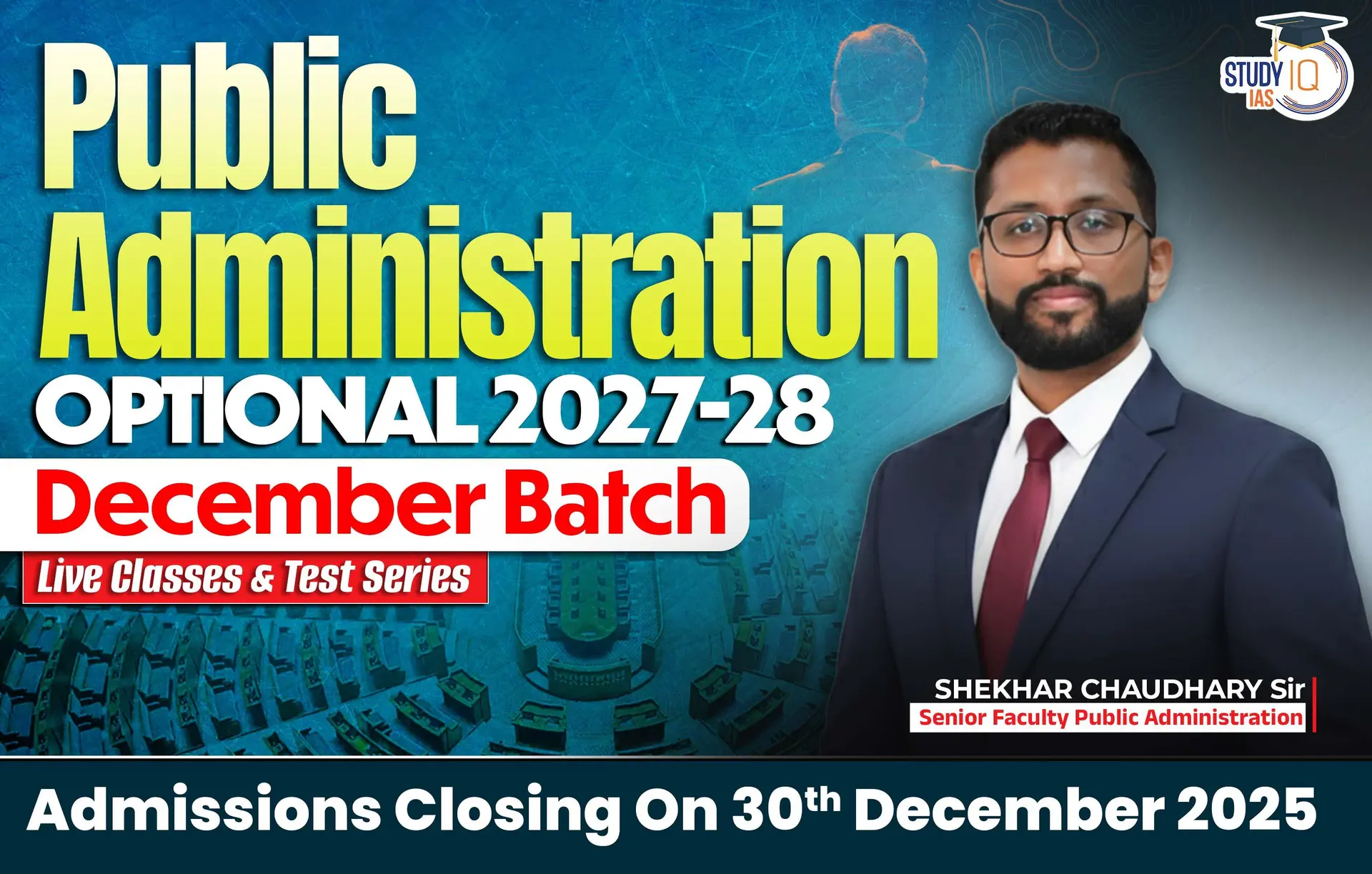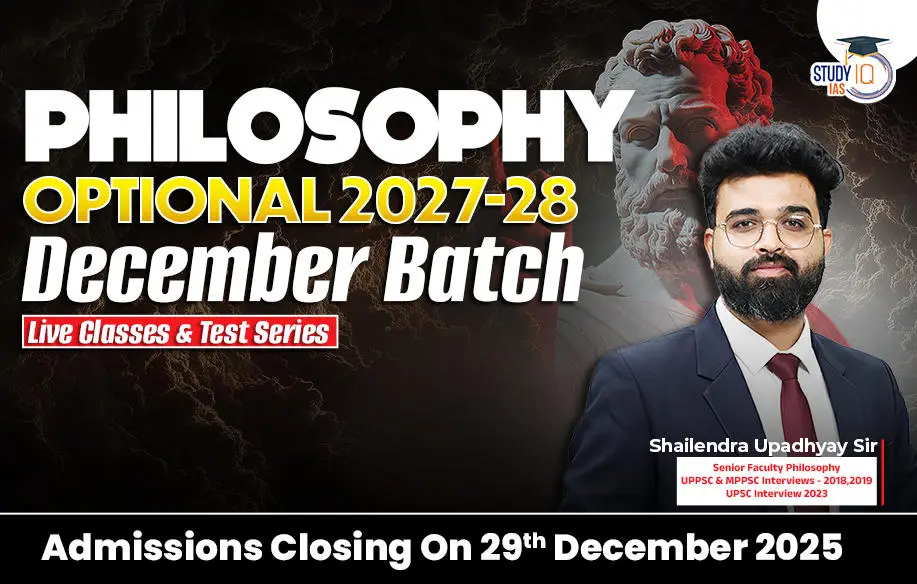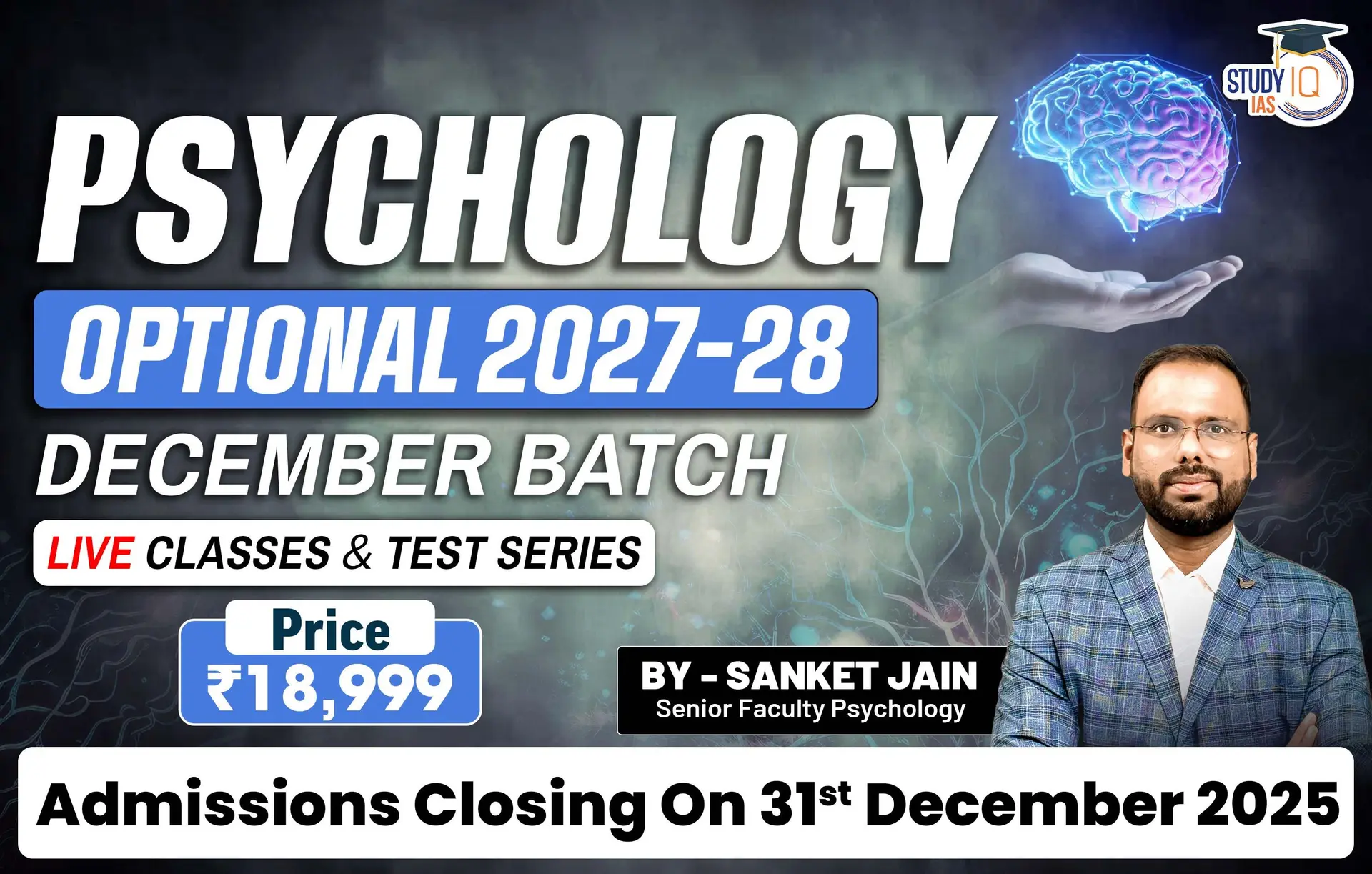The Hindu Newspaper Analysis for UPSC

The Hindu Newspaper Analysis 18 August 2023
- Political leaders need to question whether headline grabbing GDP numbers actually ensure true economic prosperity to all.
- If India’s economy is growing so rapidly, then why is the demand for minimum wage work under the Mahatma Gandhi National Rural Employment Guarantee Act (MGNREGA) scheme also growing so fast?
- Analysis of data from the Reserve Bank of India shows that in the decade 1980 to 1990, every percentage point of GDP growth produced two lakh formal jobs. This halved to just one lakh jobs for every percentage of GDP growth in the 1990s, and halved further in every subsequent decade.
The Hindu Editorial Today
- Gross Domestic Product (GDP) means the monetary measurement of the total market value of all the finished goods and services that nations manufacture within their borders and sell over a given time period. GDP acts as an indicator of a nation’s economic health. For example, if Country A produced 10 soaps in one year each worth ₹1, and 10 balls each worth ₹5, then the GDP of that nation would be ₹60.
- Formula For Calculating GDP
- GDP = C + I + G + IX
- where,
- C = Consumption
- I = Investment
- G = Government Expenditure
- IX = Export – Import

- India and Japan, in July 2023, agreed to collaborate on semiconductors in a bid to create a more resilient supply chain for this critical technology and work together for the joint development of the semiconductor ecosystem.
- The collaboration stands as a testament to the power of strategic alliances and technological synergy. Both nations recognise the critical importance of semiconductor technology in driving innovation, economic growth, and national security.
- Supply chain disruptions and geopolitical tensions, which are of particular significance in the Indo-Pacific region, have underscored the need for diversifying semiconductor supply chains and cross-country collaboration.
- India’s strength in semiconductor design and packaging offers scope for it to join forces with leaders in the industry.
- Both agreements indicate the confidence placed in India by the two Quad countries (The Quad has India, Japan, Australia and the U.S.) and also signal the coming of age of India’s own capabilities in the development of semiconductors and related technologies.

- The scientific community is now confident that the material known as LK-99 is not a room-temperature and ambient-pressure superconductor, bringing to a swift close an exciting episode launched by a group of South Korean researchers.
- Superconductivity refers to a state in which a material offers zero, or near-zero, resistance to electric current.
- So far, this phenomenon is observed in certain materials at very low temperatures, typically close to absolute zero (-273.15°C or 0 Kelvin).
- In superconductors, electrical resistance drops to virtually zero, allowing electric current to flow through them without any loss of energy due to resistance.
- Materials to show superconducting properties
- The first material to have been discovered to show super conductive properties was Mercury, which becomes a superconductor at close to 270 degree Celsius below zero.
- Most of the other materials commonly used as superconductors are Lead, Aluminum, Tin, Niobium etc.

- What is parliamentary privilege?
- Parliamentary privilege refers to rights and immunities enjoyed by Parliament as an institution and MPs in their individual capacity, without which they cannot discharge their functions as entrusted upon them by the Constitution.
- Are these parliamentary privileges defined under law?
- According to the Constitution, the powers, privileges and immunities of Parliament and MP’s are to be defined by Parliament.
- No law has so far been enacted in this respect. In the absence of any such law, it continues to be governed by British Parliamentary conventions.
- What is breach of privilege?
- A breach of privilege is a violation of any of the privileges of MPs/Parliament.
- Among other things, any action ‘casting reflections’ on MPs, parliament or its committees; could be considered breach of privilege.
- This may include publishing of news items, editorials or statements made in newspaper/magazine/TV interviews or in public speeches.
- Constitutional privileges
- Article 105 – Pertains to the powers, privileges, etc, of Parliament, its members and committees.
- Article 194 – Protects the privileges and powers of the houses of legislature, their members and committees in the states.
- Collective Privileges
- The ability to publish reports, debates, and proceedings, as well as the ability to prevent others from doing so.
- It can publish truthful reports of Parliamentary proceedings without the House’s authorization under the freedom of the press.
- However, in the case of a House meeting held in secret, this right of the press does not apply
- Keep strangers out of the gathering and organise covert sessions to address vital issues.
- Individual Privileges
- During the session of legislature, from 40 days before the beginning to 40 days after the finish, no member may be arrested.
- This privilege is only granted in civil matters; it is not granted in criminal or preventive detention situations
- Members have the right to free expression.
- No member of Parliament or its committees is accountable in any court for anything said or voted in Parliament or its committees.
- This independence is limited by the Constitution’s provisions as well as the norms and standing orders that govern Parliament’s functioning.
- They have the right to decline to give evidence and testify in court.
- About Committee of Privileges:
- This committee consists of 15 members in Lok Sabha (10 in case of Rajya Sabha) nominated by the Speaker(Chairman in case of Rajya Sabha).
- In the Rajya Sabha, the deputy chairperson heads the committee of privileges.
- Powers and Functions:
- The committee examines every question involving a breach of privilege of the House or of the members or of any Committee thereof referred to it by the House or by the Speaker/Chairman.
- It also determines with reference to the facts of each case whether a breach of privilege is involved and makes suitable recommendations in its report.
- It also states the procedure to be followed by the House in giving effect to its recommendations.

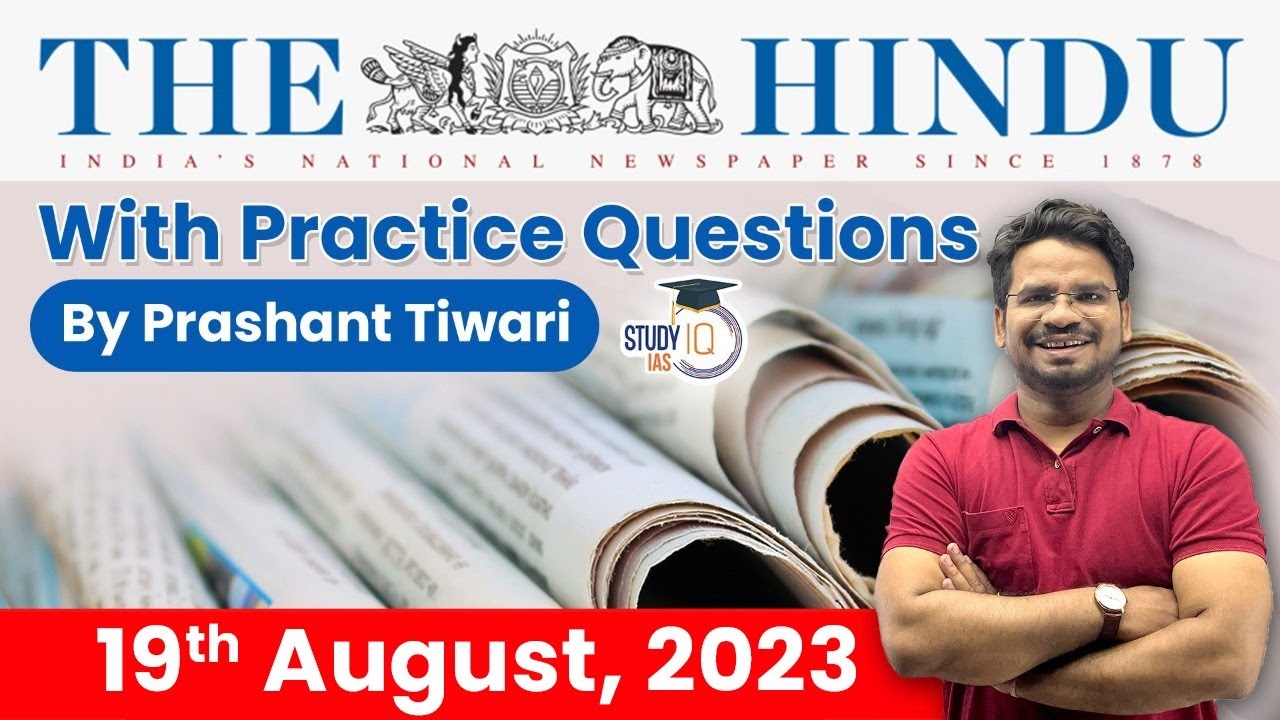
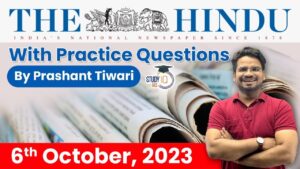 The Hindu Newspaper Analysis 6 October 2...
The Hindu Newspaper Analysis 6 October 2...
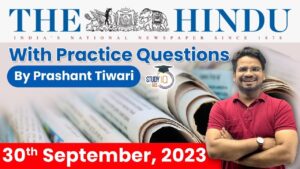 The Hindu Newspaper Analysis 30 Septembe...
The Hindu Newspaper Analysis 30 Septembe...
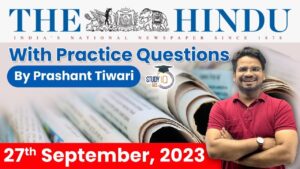 The Hindu Newspaper Analysis 27 Septembe...
The Hindu Newspaper Analysis 27 Septembe...

